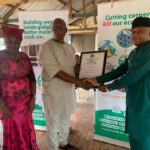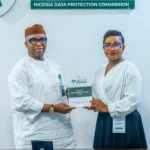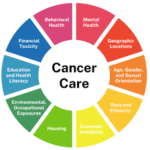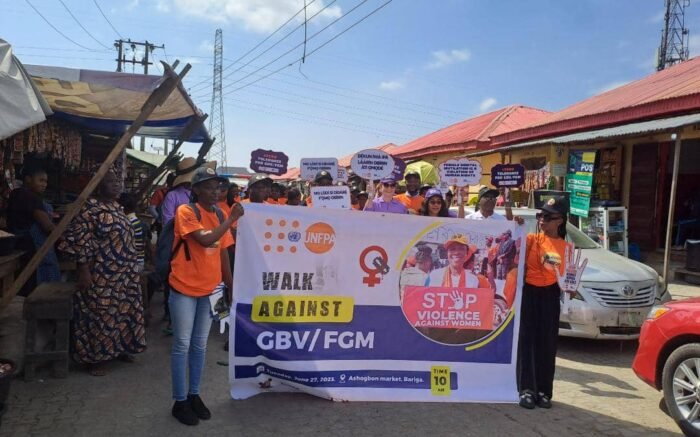By Oluwafunke Ishola
The United Nations Population Fund (UNFPA) has appealed to parents and community leaders to desist from female genital mutilation (FGM) practices.
Ms Ulla Mueller, Nigeria Country Representative, UNFPA, said this during a sensitisation walk against FGM and Gender-Based Violence (GBV) at Ashogbon community in the Bariga area of Lagos on Tuesday.
The programme was organised by the UNFPA in collaboration with Action Health Incorporated (AHI), an NGO dedicated to promoting young people’s health and development.
Female genital mutilation (FGM) is a traditional harmful practice that involves the partial or total removal of external female genitalia or other injury to female genital organs for non-medical reasons.
Mueller said that FGM was one of the forms of GBV deeply rooted in traditional understandings of purity and chastity but causes irreparable pain and health problems to women and girls.
She noted that United Nations data estimated that over 200 million girls and women have undergone FGM globally.
According to her, FGM remains widespread in Nigeria with an estimated 20 million survivors, and Nigeria accounts for the third-highest number of women and girls who have undergone FGM worldwide.
Mueller said that the FGM/GBV walk aimed to increase public awareness of FGM practices, laws, and risks associated with FGM, and dissuade community members from FGM practices.
“There’s no health benefit in FGM. We came to Ashogbon market and its environment to sensitise the people about the health impact of FGM.
“The community is one of the communities with the highest prevalence of FGM in Lagos State,” she said.
Mueller said that FGM has physical, mental health impact on women and girls, noting that it could lead to infection or future complications.
She added that FGM was a violation of women’s right, stating that the sensitisation would empower members of the community with the various ways to respond to and prevent GBV.
Also, Mrs Titilola Vivour-Adeniyi, Executive Secretary, Lagos State Domestic and Sexual Violence Response Team, said Lagos has zero tolerance for FGM and GBV.
Vivour-Adeniyi said that the state government had demonstrated the political will to eradicate the malaise of FGM and GBV from the state.
“We have put in support systems to ensure that in the unfortunate event that it does occur, survivors are able to access quality care, however, we believe greatly in prevention.
“And one of the ways you can prevent it is by creating awareness. And that’s why we are very glad to partner with UNFPA and AHI for this programme,” she said.
Similarly, Mrs Adenike Esiet, Executive Director, AHI, said in spite of the severe short-term and long-term physical and psychological consequences of mutilation, FGM was often practised in the belief that it was beneficial for the girl.
Esiet said that changing gender and social norms that encourage FGM was critical.
“Ending GBV is a public good that benefits individuals, families and communities in many ways,” she said.
She noted that the goal of the programme was to contribute to the elimination of FGM in Lagos and Nigeria, and assist achieve the target of ending FGM by 2030.
The Baale of Araromi/Ashogbon Community, Chief Patrick Moleyin, commended the organisers, saying that community leaders would intensify efforts in sensitising the residents on desisting from FGM practices. (NAN)
=============
Edited by Chinyere Joel-Nwokeoma












